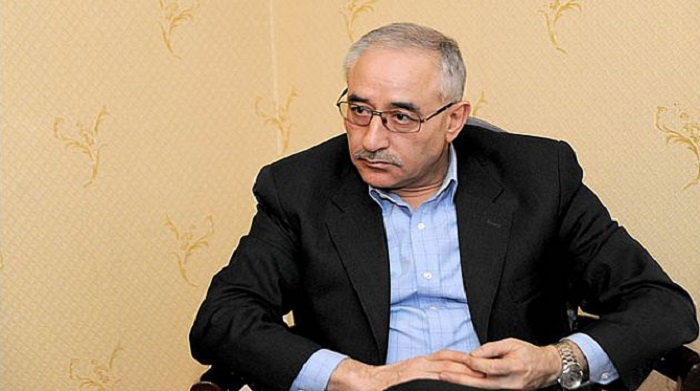Results of Nuclear Deal to Be Seen Within a Year

“We have special respect for the Arab world as well as Saudi Arabia as an important part of the world of Islam. We want to continue the constructive relations we had in the past and call every country for cooperation to do so,” Javad Zarif was quoted as saying last week in a joint presser with his Iraqi counterpart in Tehran, in a sequel to his peaceful attempts to convince the Saudis to reduce its region-wide tensions with Iran. Fluctuating oil prices, intensifying proxy wars against Iran in Syria, Iraq and Yemen, and eventually severing all economic and diplomatic ties with Tehran have completed a Saudi puzzle to challenge Iran’s interests. While Iran hopes to reap the economic fruit of a nuclear deal with world powers, plummeting oil prices have significantly reduced its revenues.
“Reduced oil prices are not a problem just for Iran but for every other oil exporter including the KSA, Venezuela, Algeria and OPEC members and non-members,” a former Iranian nuclear negotiator told Iranian Diplomacy in an exclusive interview published yesterday. Amir-Hossein Zamaninia explains a widespread theory in which Saudis are trying to keep oil prices down in order to affect Iran’s economy now that the international sanctions are soon to be lifted. “There are lots of ifs and buts about it though. The main losers here are countries such as Algeria, Venezuela, Ecuador, and Iraq that rely more than 90 percent on oil revenues for their current expenditure,” Zamannia, the Iranian Deputy Petroleum Minister for International Affairs and Trade, said.
“We extract our oil with less than $10 and this gives us more options in the market. Furthermore, we had no role in the emergence of the present situation so we will not alter our policies to help oil prices reach an ideal state. Current oil prices cannot last long. Many experts are of the belief that in the first trimester of 2016, supply and demand will be more balanced and the prices will go up to $60 or $70,” he said in response to a question about Iran’s budget for next year finalized with oil prices calculated to be $40.
“Iran’s boost in production will definitely have its own customers. However, the way we increase our production within the OPEC framework remains to be decided after certain issues become clear. Iran still hopes OPEC members can return to the previous rationing system. We believe that it is possible by planning to keep the production ceiling unaffected but maintain the rationing process,” he added, speaking of Iran’s decision to raise production to its OPEC ration before the sanctions were imposed.
Will Saudi Arabia continue resisting? “The decision for Iran’s return to its previous position in the oil market is not made at producer levels. The decision should be adopted at a governmental level. Therefore, I believe OPEC members can reach a consensus regarding oil rationing and plan in a way that ration for OPEC production does not exceed 30 million bpd.”
Zamaninia, who also serves as a legal counselor on the Iranian team of nuclear negotiation, believes the only way for Iran to prevent violation of its rights is through resistance economy, a system proposed and stressed by the Supreme Leader Ali Khamenei. The Deputy Petroleum Minister dismisses reports that Iran is behind in gas extraction compared to other countries. “Our extraction in South Pars is slightly less than Qatar and that will be made up for by the next year,” he said.
When asked if Iran has been engaged in negotiations with foreign companies to do so, Zamaninia confirmed talks with almost every country active in oil and gas. Even Americans. “Non-American companies with American owners can come to Iran in cooperation with multinational companies. They have submitted proposals but our response will follow talks in a post-deal atmosphere,” he explained.
He finished the interview on an even more positive note: “I am quite optimistic that, despite difficulties and sabotage by the US Congress, the Joint Comprehensive Plan of Action will be implemented. If no mismanagement occurs, people will see the results within a year. I promise you, on the very first days of implementation, its psychological impacts will reduce the exchange rate and gold prices,” he said.

